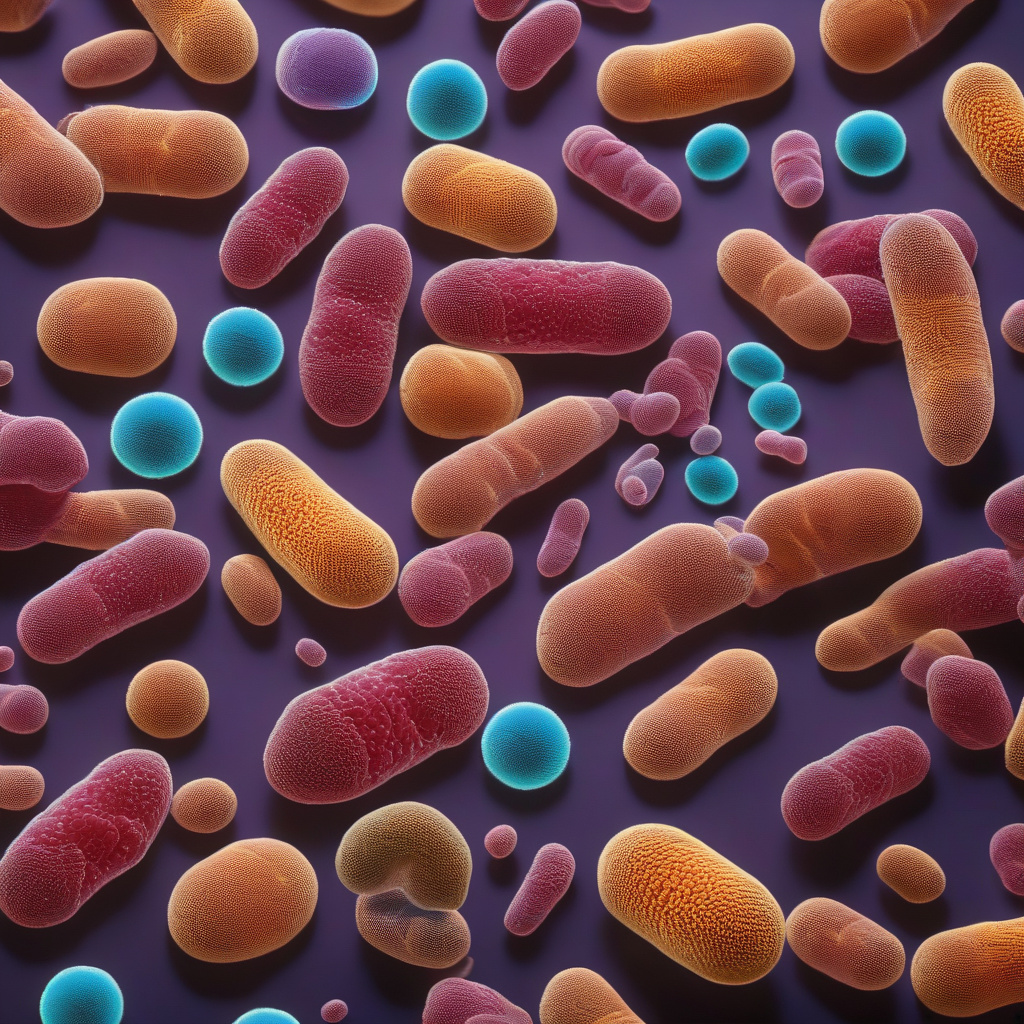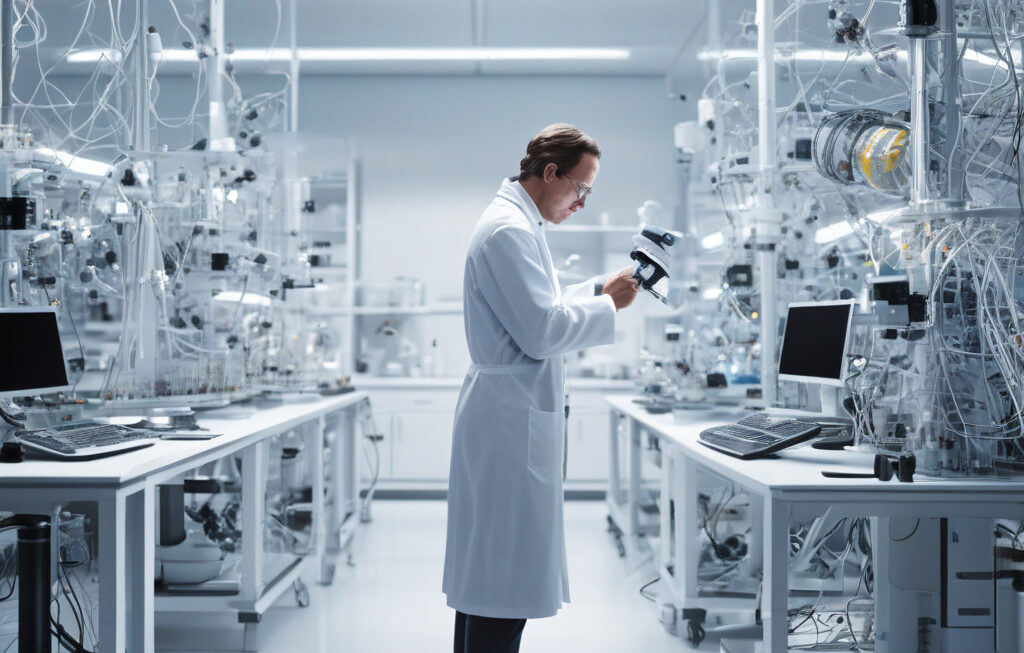Engineered Microbes Boost Vitamin K2 Production for Stronger Bones and Hearts
A new study has revealed how a widely used food bacterium manages its internal chemistry to produce higher levels of vitamin K2, a vital nutrient for bone and heart health. Vitamin K2 is known for its role in calcium metabolism, ensuring that calcium is directed to the bones and teeth where it is needed, rather than accumulating in the arteries and soft tissues where it can lead to heart disease and other health issues.
The bacterium in question, Bacillus subtilis, is commonly found in fermented foods like cheese and natto. Researchers have discovered that by genetically engineering this microbe, they can significantly increase its production of vitamin K2. This breakthrough has the potential to revolutionize the way we approach bone and heart health, offering a natural and sustainable solution to deficiencies in this essential nutrient.
Vitamin K2 is not as well-known as some other vitamins, but its importance cannot be overstated. In addition to its crucial role in calcium metabolism, vitamin K2 also helps to regulate cell growth and prevent inflammation. Studies have shown that higher levels of vitamin K2 are associated with a reduced risk of fractures, osteoporosis, and cardiovascular disease. By enhancing the production of this vitamin in a common food bacterium, researchers are paving the way for new functional foods and supplements that can help people improve their overall health.
One of the key advantages of using engineered microbes to boost vitamin K2 production is the scalability of the process. Unlike traditional methods of vitamin production, which often rely on chemical synthesis or extraction from plant sources, microbial fermentation can be easily scaled up to meet growing demand. This means that in the near future, we could see a wide range of vitamin K2-enriched products hitting the market, from fortified dairy products to dietary supplements.
But the benefits of this research go beyond just the potential for new products. By harnessing the power of engineered microbes, scientists are also exploring new frontiers in biotechnology and genetic engineering. The ability to manipulate the internal chemistry of microorganisms opens up a world of possibilities for creating custom strains that can produce valuable compounds for medicine, agriculture, and industry.
Of course, with any new technology comes ethical considerations. As we venture further into the realm of genetic manipulation, it is crucial that we proceed with caution and carefully consider the potential risks and benefits of our actions. The field of synthetic biology is still relatively young, and there is much that we do not yet understand about the long-term effects of tinkering with the genetic code of living organisms.
In conclusion, the discovery of how engineered microbes can boost vitamin K2 production represents a significant step forward in the quest for better bone and heart health. By leveraging the power of biotechnology, researchers have unlocked a natural solution to vitamin deficiencies that could have far-reaching implications for public health. As we continue to explore the potential of microbial engineering, it is essential that we approach this technology with a sense of responsibility and mindfulness, ensuring that we use it to benefit society as a whole.
#MicrobialEngineering, #VitaminK2, #BoneHealth, #HeartHealth, #Biotechnology












